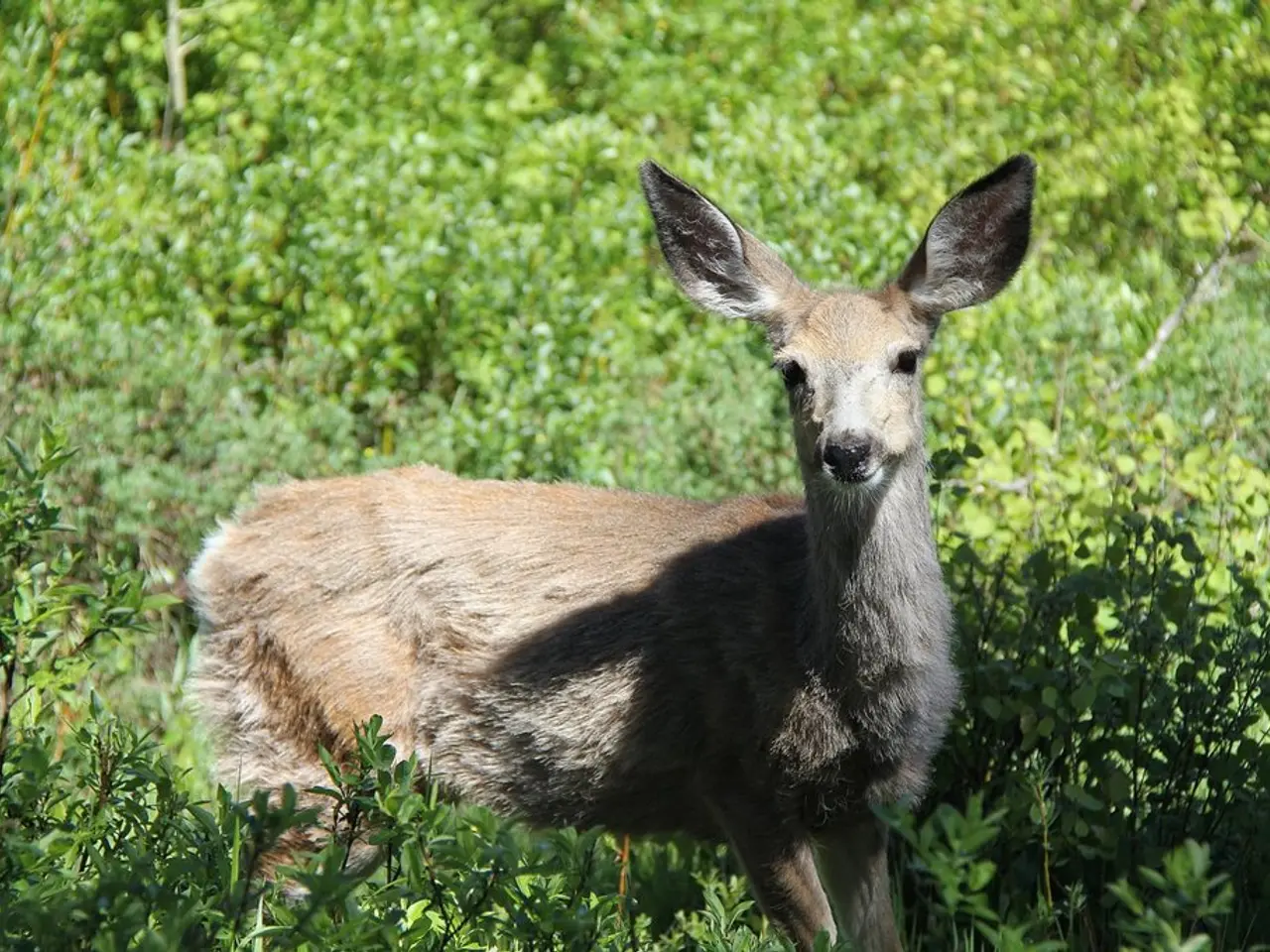Moose Hunting Feat by Clay Hayes, Featured on Survival Series Alone
Hunting moose with a bow is an art that requires skill, understanding of the animal's behavior, and a deep connection with nature. This guide provides a comprehensive overview of the gear, strategies, and survival tactics necessary for a successful and ethical moose hunt.
Gear Selection
Equipping yourself with the right gear is crucial for a successful moose hunt.
- Bow and Arrows: A bow with a minimum draw weight of 70 pounds and an arrow speed of at least 200 fps is recommended. Use arrows with a minimum weight of 450 grains and a broadhead suitable for large game.
- Clothing and Camouflage: Wear layers of comfortable clothing that can keep you warm and dry in varying weather conditions. Use camouflage that blends with your hunting environment.
- Optics and Gadgets: Binoculars and a spotting scope can be invaluable for scouting and spotting moose at a distance without disturbing them.
Hunting Strategy
The spot-and-stalk method, where you locate moose from a distance and carefully stalk them, is commonly used. Patience and careful movement are key as sudden movements can scare away the moose.
Survival Tactics
- Safety Precautions: Always carry a first aid kit and know basic first aid. Bring a means of communication such as a satellite phone or GPS device with SOS capabilities.
- Weather Awareness: Be prepared for changing weather conditions. Bring appropriate gear such as waterproof clothing and a portable shelter if necessary.
- Physical Conditioning: Moose hunting can be physically demanding. Ensure you are in good physical condition and prepared for long hikes and strenuous work if you need to retrieve a moose over difficult terrain.
- Recovery Planning: Plan ahead for how you will recover a moose if you are successful. This may involve using specialized equipment or arranging for assistance with retrieval.
Additional Tips
- Respect and Reverence: Hunting large game like moose is not just about the hunt; it's about respecting the animal and its habitat. Always approach with reverence and ensure a clean and ethical kill.
- Local Regulations: Familiarize yourself with local hunting regulations, including any restrictions on gear or seasons.
- Understanding the Ecosystem: Death is an inevitable part of life in the ecosystem. Understanding this and preparing for a successful moose hunt involves considering multiple factors, including gear selection and hunting strategy.
- Nutritional Considerations: Rabbit meat, which is often consumed during moose hunts, contains almost pure protein with minimal fat. This can lead to "rabbit starvation" - where you can actually lose weight despite eating plenty of meat. It's important to be aware of this and plan your meals accordingly.
- Preparing the Meat: Traditional food preservation methods include hanging meat in trees using game bags.
With this comprehensive guide, you're now equipped with the knowledge to embark on a challenging and rewarding moose hunt with a bow. Remember, the experience becomes intimate as you enter the animal's world and play by nature's rules. Happy hunting!
[1] Moose Hunting 101: A Beginner's Guide [2] The Best Bow for Moose Hunting [3] Moose Hunting Strategies for Bow Hunters [4] Preparing for a Moose Hunt: What You Need to Know [5] Retrieving a Moose After the Shot
Engaging in sports like moose hunting with a bow necessitates the use of suitable gear, such as a bow with a minimum draw weight of 70 pounds and an arrow speed of at least 200 fps. Also, bear in mind that understanding the ecosystem and local regulations is essential for a successful and ethical moose hunt.








